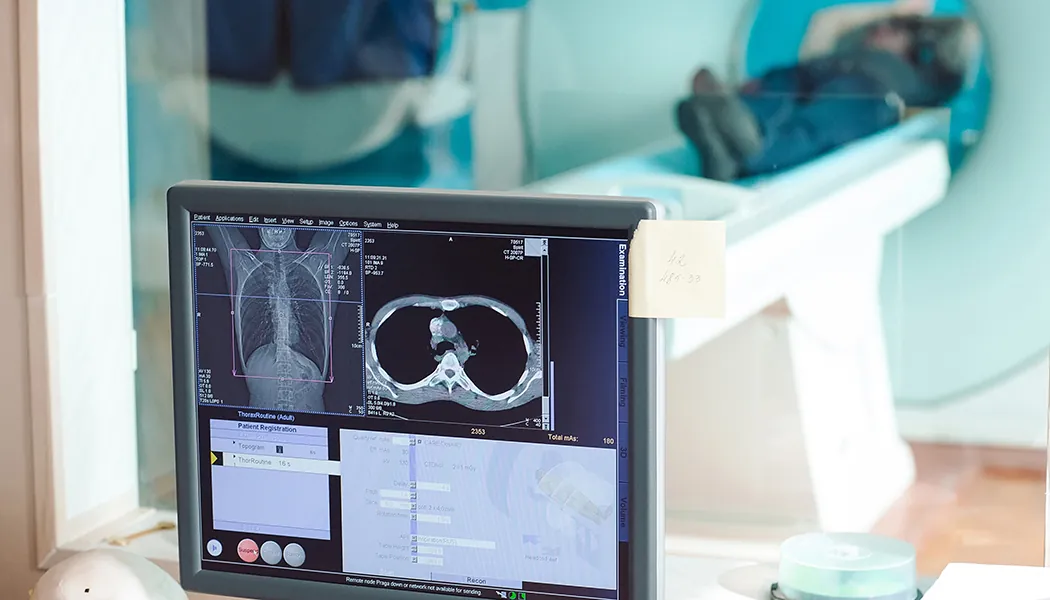Cancer Screen Week: Who Should be Screened?

Since 2017, tens of thousands of Americans have pledged to undergo recommended cancer screening during the first week of December – appropriately named Cancer Screen Week. Cancer Screen Week is a public health initiative to increase the awareness of the benefits of early cancer prevention and detection. Over 600,000 people are expected to die from cancer in 2020 alone. Many of those lives could be saved by identifying the cancer early and getting immediate treatment. Unfortunately, few Americans are actually utilizing these life-saving screening tools. Despite the longstanding ability to detect cervical cancer, less than half of the cervical cancer diagnoses occur at the local stage. This discrepancy can drop the five-year survival rate from 92% to 17%.
As evidence continues to prove the importance of screening for cancer, it is important that every person knows when to be screened and how to screen for early signs of cancer. Some families have a strong history of cancer, meaning several relatives have been diagnosed with the same type of cancer. For these individuals, doctors will likely recommend frequent screening for the specific cancer. However, those without a strong family history of cancer should still be getting screened as well. Routine screening is recommended for breast cancer, colorectal cancer, prostate cancer, cervical cancer, lung cancer, and skin cancer. The risk factors, such as age, that dictate when screening should take place vary for each available screening. To determine which cancers to screen for during Cancer Screen Week, check out the eligibility criteria for each of the cancers below:
For Women…
It’s true – both men and women can be diagnosed with breast cancer. Because the prevalence of the disease is far less in men, only women are recommended to undergo routine screening. Screening for breast cancer can be done using self-exams and mammograms. Women can begin self-exams at any age, but mammograms are recommended for women aged 45 and older. Between the ages of 45 and 54, mammograms are recommended annually. From the age of 55, mammograms can be scheduled every other year. Mammograms help identify any abnormalities in the breast and increases the chance of finding cancer before it spreads elsewhere.
Cervical cancer is one of the most preventable cancers. It is caused by a sexually acquired infection called the Human papillomavirus (HPV). Luckily, there is a, HPV vaccine available as well as simple screening options. The Pap test is a common screening method for cervical cancer, requiring women aged 21 and older to be screened every three years. The cervical screening test is beginning to replace the Pap test as common practice. This screening method suggests that women aged 25 and older be screened every five years. While this test is becoming more common than the Pap test, it is important to consult with a GP about available options. It is also important to note that even women with the HPV vaccine should be scheduling regular screening.
For Men…
Prostate cancer screening is available, though there is no consensus as to whether or not screening is beneficial. From the age of 50, men should speak with their GP about whether or not prostate cancer screening would be a suitable option.
For Everyone…
Colorectal cancer screening is recommended for both men and women from the age of 45. There are several screening options available including stool-based tests and visual/structural exams of the colon and rectum. Stool-based exams are recommended more frequently, ranging from annually to one test every three years. Visual/structural exams are recommended every 5 years or 10 years depending on the test. It is best to consult with a GP about which type of test best suits each individual.
Annual screening for lung cancer is recommended for both men and women between the ages of 55 and 74 if…
- They are in fairly good health
- Currently smoke or have quit smoking in the last 15 years
- Have at least a 30 pack-year smoking history
- Received counseling to quit smoking if they currently smoke
Though there are no recommended screening tests for skin cancer, it is important that everyone perform regular visual self-examinations. Noticing the pattern of moles, freckles, and other marks can help identify any changes that may be related to cancer. For people who are at risk of skin cancer, including those with reduced immunity, regular skin exams with healthcare professionals is important in early identification of skin cancer.
What now?
Knowing the importance of cancer screening and which type of screening tests are available is a great start at getting involved with Cancer Screen Week. Sharing this information with friends and family can encourage others to participate in this nationally recognized week and get screened themselves. To get involved in Cancer Screen Week, visit GetScreenedNow.org. For more resources visit CancerScreenWeek.com.
The National Foundation for Cancer Research funds the world’s best cancer researchers and scientists who work daily to better understand and fight this disease. In addition to their efforts to treat and cure cancer, these scientists are also leading the efforts to prevent cancer. NFCR’s mission is to save lives. Learn more about NFCR-led cancer research here.













